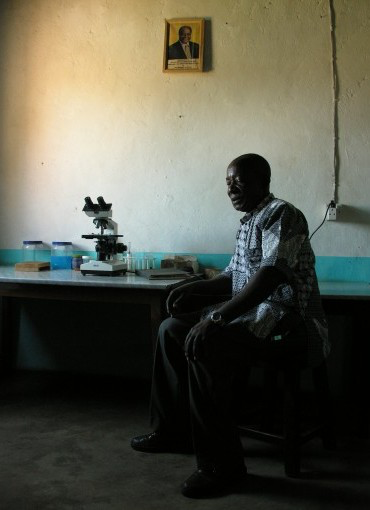

CRASSH (SG1&2), Alison Richard Building, 7 West Road, Cambridge CB3 9DT
Date & Time: 13 and 14 June 2014
Venue: CRASSH (SG1&2), Alison Richard Building, 7 West Road, Cambridge CB3 9DT
Convenors:
Paul Wenzel Geissler (University of Oslo), Henrietta Moore (University of Cambridge), Branwyn Poleykett (University of Cambridge), Ruth Jane Prince (University of Cambridge), Noemi Tousignant (University of Cambridge)
Large-scale initiatives by key institutions that support scientific work in Africa, like Wellcome Trust, Royal Society, DFID, and Gates and Rockefeller Foundation aim at, or require as an integrated component, the reinforcement of institutional, academic and individual scientific capacity – notably in fields like medicine and agriculture. Capacity is a goal shared by a diversity of African actors and their collaborators across disciplines. As a pragmatic strategy to improve wellbeing, an ethical commitment to fair and sustainable collaborations, or a political project to reverse long histories of spatial imbalances of power, knowledge and resources, capacity appears as an unambiguous good. And yet it raises unanswered – indeed, often unasked – questions about how scientific infrastructure and activity emerge from and act on social, institutional and material processes as they unfold within specific locations and histories
These are concrete questions pertaining to how capacity should be defined, planned for and invested in, as much as they raise theoretical issues about the imbrications of knowledge and technology with space, power, lives and materiality. Should funds be invested in universities or hospitals, people or equipment, training or infrastructure? How are entities such as institutions, people and apparatus connected and animated – by skill but also motivation, imagination and aspiration – as capacity to create and mobilize knowledge? What traces have past scientific circulations and collaborations left; how do current capacity-building initiatives attempt to build on or break away from these legacies, and what do they achieve? How and to what extent can scientific capacity transform African futures?
This two-day workshop will elicit and discuss questions such as these by bringing together leading actors of major capacity-building programmes with social scholars of science, technology and medicine in Africa. This conversation between the sciences, social sciences and humanities should allow a critical examination of capacity, but also invites the elaboration of new ways of sharing concerns, knowledge and analytical tools across disciplinary and institutional groups
Questions:
For more information visit the website of The Centre for Research in the Arts, Social Sciences and Humanities (CRASSH): http://www.crassh.cam.ac.uk/events/25026